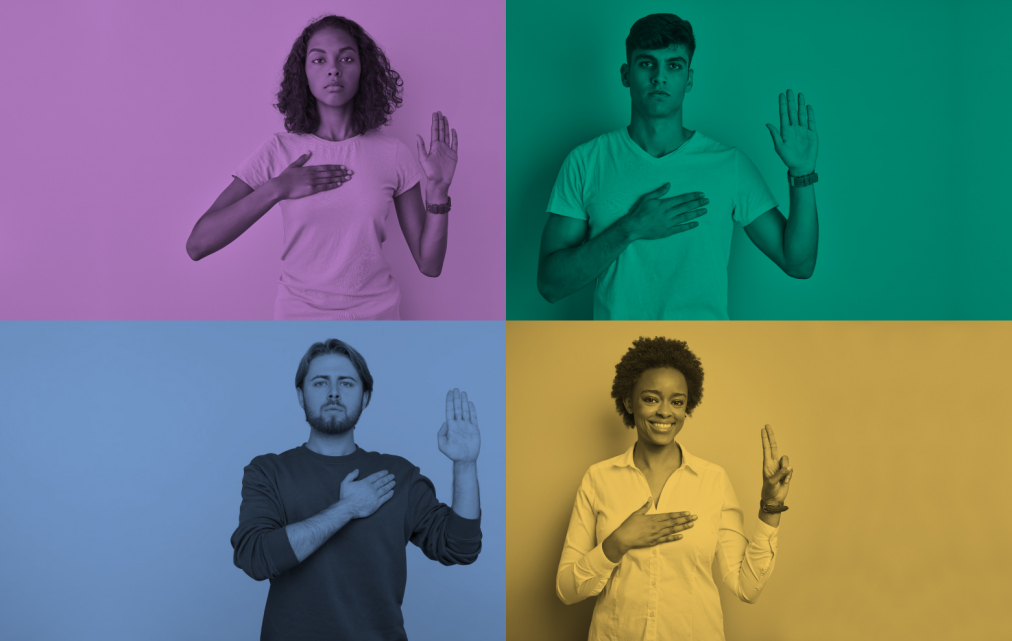Social Purpose & Good Citizenship

Far greater philosophers than I have studied what binds us in community. The ‘why’ is clear; we are social animals, after all. But the question of ‘what’ each of us is obliged to do is ours to answer for ourselves each and every day. And when the times get tough, it can be hard for many of us to ‘do our part.’
The question of ‘what’ each of us is obliged to do is ours to answer for ourselves each and every day.
Ready to start making positive impact?
Benefit from our many years of experience. No task is too big or too complex for our team.
